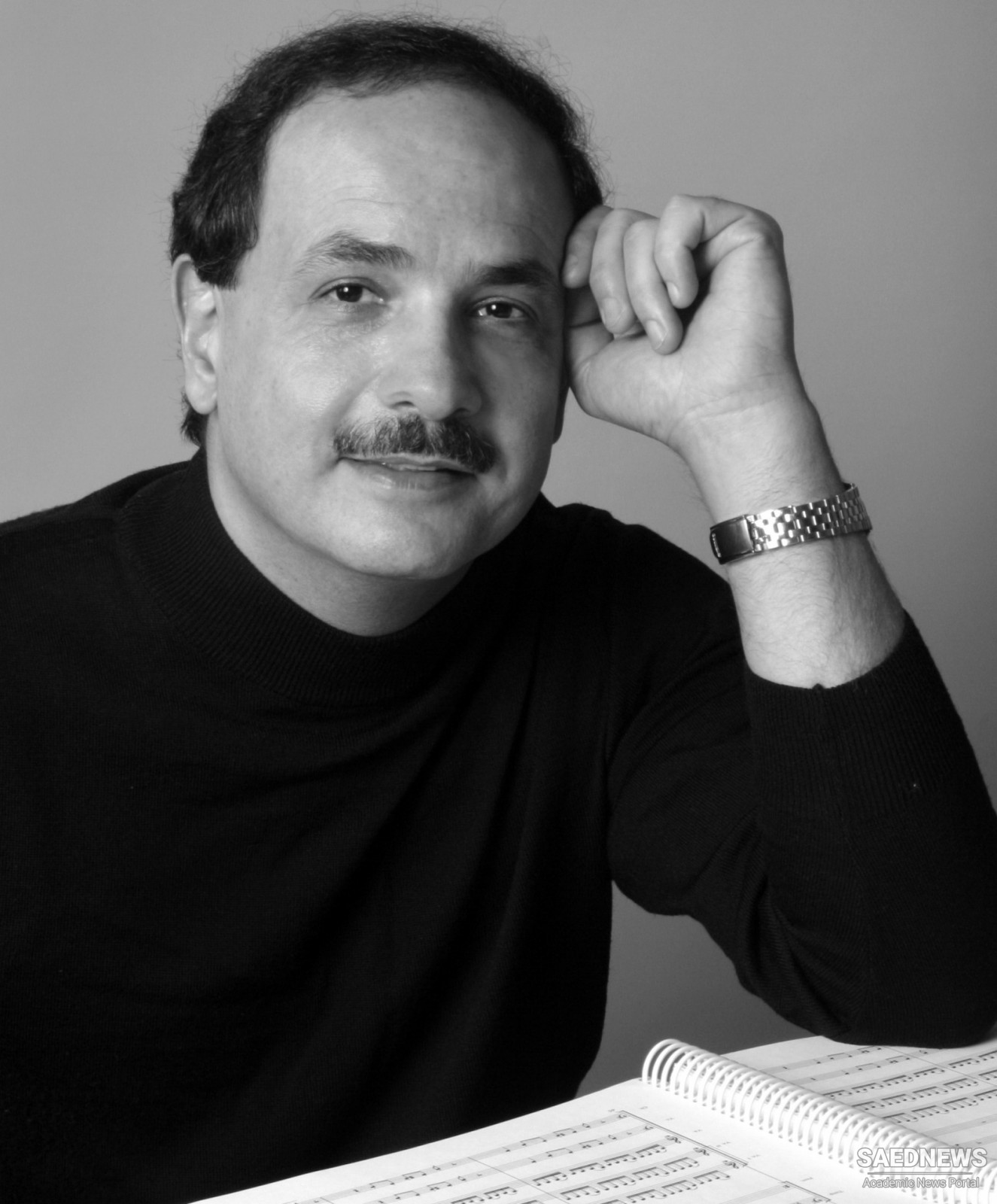His training was in Western classical music. In fact, the composer recalls that interest in classical Iranian music was not encouraged at the Tehran Music Conservatory, so he had to take classes at another institution and study on his own to satisfy his curiosity about classical and folk music traditions in Iran. In 1974, at 19, Ranjbaran moved to the United States, continuing his training in Western classical music at Indiana University and then at The Juilliard School in New York, where he remains on the faculty.
As a composer, Ranjbaran says he incorporates “elements of Iranian rhythm, melody, and instrumental color.” The storied traditions of Persian music, literature, and history inspire his work, which has been championed by such conductors as Charles Dutoit, JoAnn Falletta, Yannick Nézet-Séguin, Marin Alsop, Robert Spano, and David Robertson.
Persian poetry, for example, figures in one of Ranjbaran’s most important compositions: the Persian Trilogy, an orchestral cycle that draws on three legends recounted in Shahnameh (“The Book of Kings”), the vast national epic of Iran dating from the 11th century. In 1994 the Nashville Symphony participated in the Nashville Ballet’s commission of the second part of the trilogy, The Blood of Seyavash, which involves the tragic downfall of its principled hero. Another great work of Persian literature, Omar Khayyam’s Ruba’iyat provided the source for Songs of Eternity for soprano and orchestra, which the composer wrote for Renée Fleming.
Ranjbaran’s enduring fascination with Persian classical music can be seen in a number of concertos as well, including a Violin Concerto for Joshua Bell that alludes to the kamancheh (a Persian bowed instrument) and a Piano Concerto for Jean-Yves Thibaudet.
The seed for the Flute Concerto was planted when Jeffrey Khaner, principal flute of The Philadelphia Orchestra, encountered Ranjbaran’s Piano Concerto during a performance by his orchestra. Khaner was so taken by the music that he suggested writing a concerto for his own instrument. “This is a real concerto with the flavor [of Persian musical culture] in it,” he says. “There are only a few really fine flute concertos. This, I think, will add to that list.”


 Hormoz Farhat's Celebration in His Homeland
Hormoz Farhat's Celebration in His Homeland














































